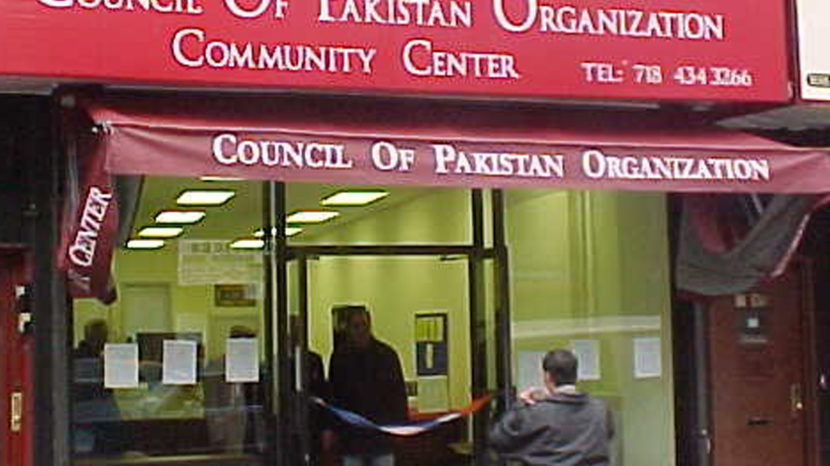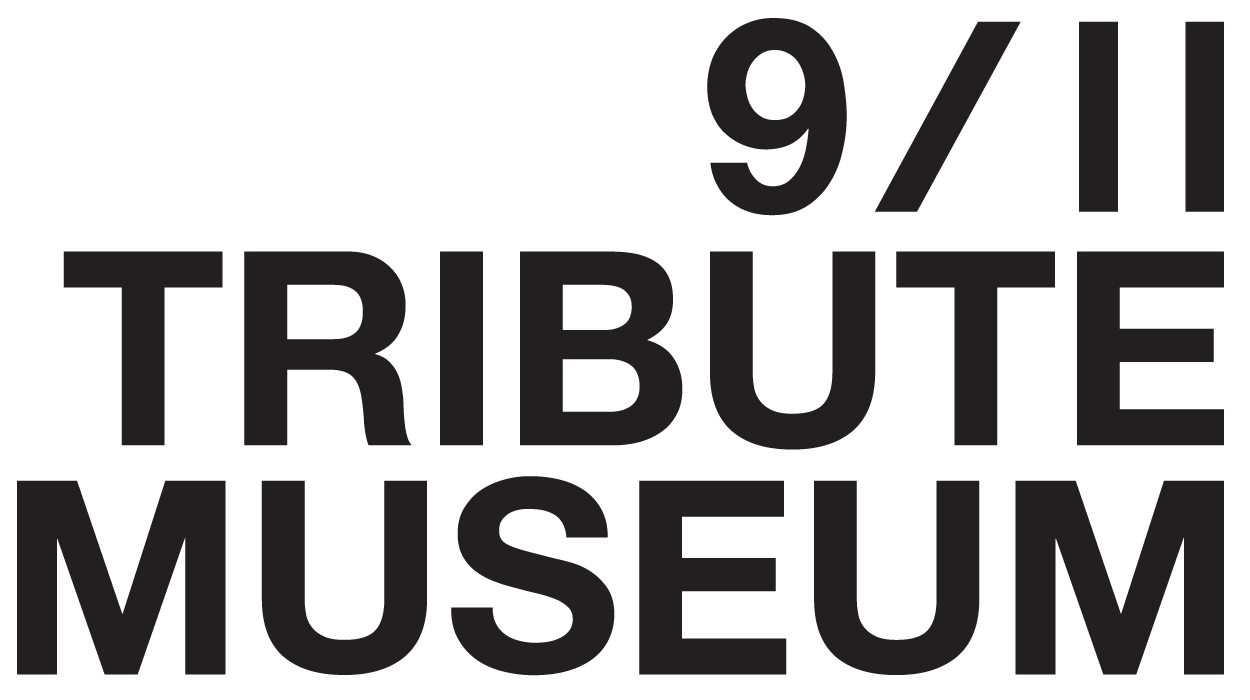Connect & Reflect presents five facts that ask students to connect the story to its historic context or to the choices that they make in their own lives.
Unit 6 – Connect & Reflect

1. Fact: On December 7, 1941, the Japanese Navy deployed aerial attacks on the United States Naval Base at Pearl Harbor in Hawaii. As a result from 1942-1945, over 120,000 Japanese Americans were forced to leave their homes, schools, and businesses and were relocated to detention centers administered by the U.S. government.
Personal Experience Question: How does this history relate to the experiences of South Asians, Arabs and Muslims in America right after September 11th? Can you identify another period in history in which a group was unfairly targeted?
2. Fact: The hijackers were Islamic extremists who performed this act of terror in the name of Islam, despite the fact that the Qur’an and other Muslim texts promote tolerance and respect for other religions and emphasize the value of human life. Following September 11th, there was a backlash of attacks ranging from bullying and harassment to acts of violence on Muslim, Arab and South Asian communities across the United States. The actions of the hijackers in the name of Islam negatively affected thousands of Muslims, Arabs, and South Asians who do not support such violence.
Personal Experience Question: When people in Mohammad’s community started to come forward with problems of discrimination and hate crimes, what did he do? Why do you think people who experienced discrimination were afraid to come forward initially?
3. Fact: As a result of the backlash against Muslims, Arabs and South Asians after September 11th, many members of those communities became more civically engaged, interacting with government agencies and other organizations to advocate for themselves.
Personal Experience Question: How did Mohammad help his community become more civically involved? What organizations did he work with in order to advocate for his community, which was experiencing prejudice and discrimination?
4. Fact: Despite the backlash against Muslims, Arabs and South Asians after September 11th, many people in these communities maintain their commitment to the practices of their faith and remain proud of their ethnic identity. Young people have expressed more interest in understanding their cultural heritage while celebrating and exercising their status as Americans and participating in their U.S. constitutional democracy.
Personal Experience Question: What did Mohammad mean by the statement, “I literally had to call myself ‘Moe’ in order to get help and services for these community members”? Why did he later return to using his full name, Mohammad? Why do you think he found it difficult to identify himself as both Muslim and American at the same time? How do you identify yourself?
5. Fact: The events of September 11th were simultaneously witnessed by people around the world who shared in the grief of the United States. The attacks inspired a sense of solidarity across lines of race, religion, and nationality. While our world continues to struggle in the search for peace, this spirit of tolerance can still be found in organizations, many of which were formed in response to the attacks.
Personal Experience Question: Mohammad discusses the diversity of his staff at the COPO office and the importance of exposing his community to people of other ethnic and religious backgrounds. What are the benefits of people becoming familiar with a variety of cultures and religions? In what ways do you come into contact with cultures or religions different from your own on a daily basis? How do these encounters have a positive effect on you?
